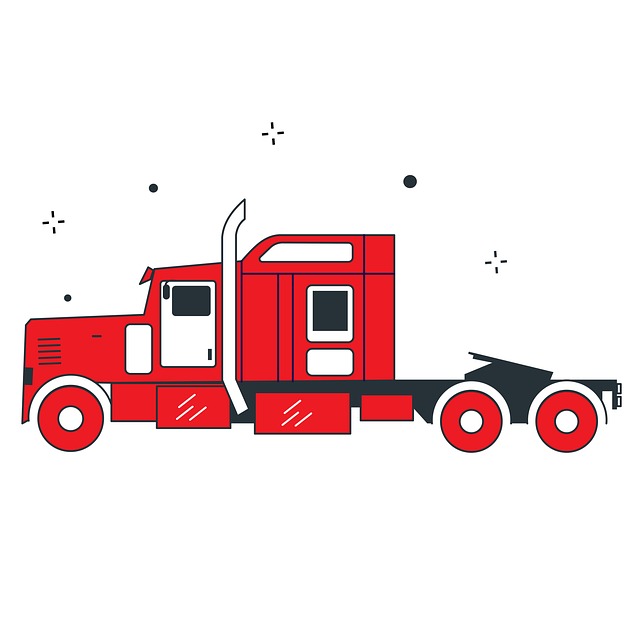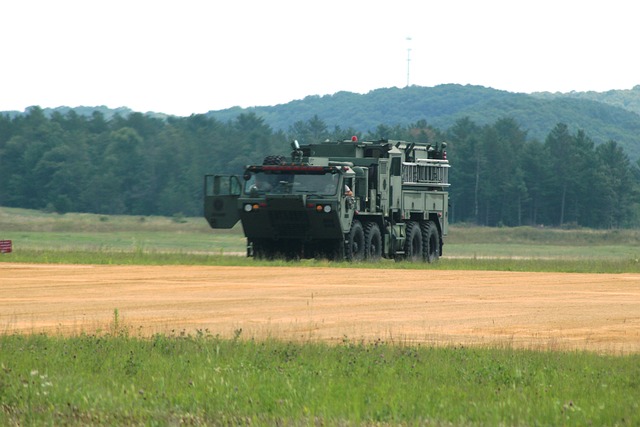Commercial truck insurance policies are tailored to protect business owners and their vehicles from unique industry risks. Key components include liability coverage, physical damage protection, and cargo insurance. Policies are customizable based on fleet management, vehicle type, and specific cargo needs. Professional advisors specialize in tailoring coverage, staying updated on industry changes, and empowering drivers to make informed decisions for enhanced operational efficiency and financial security. A comprehensive truck insurance policy safeguards business assets through liability, collision, comprehensive, and endorsement options, addressing accidents, cargo damage, legal issues, and risk management strategies.
“In the competitive world of commercial trucking, navigating complex insurance landscapes is essential. This article guides folks through the intricacies of truck insurance policy requirements, highlighting the critical role of professional support in managing risks. From understanding Commercial Truck Insurance to key policy components and claims management, we offer a comprehensive overview. Discover why seeking expert assistance can be a game-changer for truckers, ensuring compliance, risk mitigation, and peace of mind.”
- Understanding Commercial Truck Insurance: A Comprehensive Overview
- Why Professional Support is Essential for Truckers
- Key Components of a Truck Insurance Policy
- Navigating Claims and Risk Management Strategies
Understanding Commercial Truck Insurance: A Comprehensive Overview

Commercial truck insurance is a specialized coverage designed to protect business owners and their vehicles from potential risks and liabilities unique to the trucking industry. This type of policy goes beyond standard auto insurance, offering comprehensive protection for commercial trucks, their operators, and the cargo they carry. By understanding the intricacies of a truck insurance policy, businesses can make informed decisions when selecting the right coverage to suit their operations.
A thorough overview reveals that these policies typically include liability coverage, which safeguards against claims arising from accidents or damage caused to others or their property. It also includes physical damage coverage, protecting the truck itself from perils like collisions, fire, or theft. Additionally, many policies offer cargo insurance, ensuring compensation for any loss or damage incurred during transportation. Customizable options allow businesses to tailor their coverage based on specific needs, such as fleet management, driver health, and legal defense in the event of lawsuits.
Why Professional Support is Essential for Truckers

Professional support plays a pivotal role in helping commercial truck drivers navigate the complex landscape of truck insurance policies. The process of selecting and understanding an appropriate insurance policy can be daunting, given the many variables involved—from vehicle type to cargo being transported. Professional advisors are equipped to offer tailored guidance based on individual needs, ensuring that truckers are protected against potential risks and liabilities.
Moreover, these experts stay updated with industry changes, regulatory updates, and new coverage options, which allows them to provide insights that can significantly impact financial security. By leveraging professional support, truckers can make informed decisions about their truck insurance policy, ultimately enhancing operational efficiency and peace of mind on the road.
Key Components of a Truck Insurance Policy

When it comes to commercial truck insurance, a comprehensive policy is paramount for protecting your business and assets. A robust truck insurance policy typically includes several key components: liability coverage, which shields against damages caused to others or their property during an accident; collision insurance, designed to cover repairs or replacement costs in case of vehicular damage; and comprehensive insurance, offering protection against non-collision events like theft, natural disasters, or vandalism.
Additionally, many policies incorporate specific endorsements tailored to the unique needs of truckers. These might include cargo coverage for protecting valuable goods during transport, physical damage coverage for the truck itself, and medical payments or personal injury protection to assist in mitigating healthcare costs for injured parties. Understanding these components is essential when seeking professional support for your commercial truck insurance requirements, ensuring you’re adequately protected on the road.
Navigating Claims and Risk Management Strategies

Navigating claims and implementing effective risk management strategies are paramount for commercial truck operators looking to mitigate financial losses and ensure business continuity. A comprehensive truck insurance policy should cover various risks inherent in the trucking industry, from accidents and cargo damage to liability claims and legal expenses. Professional support in these areas is invaluable, offering specialized knowledge and expertise that can streamline the claims process and optimize risk mitigation strategies.
Experienced professionals can guide operators through complex insurance contracts, ensuring they understand their policy’s coverage limits, exclusions, and conditions. They also play a crucial role in risk assessment, helping to identify potential hazards and implementing preventive measures. By leveraging data analytics and industry insights, these professionals can develop tailored risk management plans that align with specific trucking operations, ultimately enhancing safety, reducing claims, and securing the financial stability of the business.
In navigating the complex landscape of commercial truck insurance, professional support is indispensable. By understanding key components of a comprehensive truck insurance policy and implementing effective claims management and risk mitigation strategies, truckers can ensure they’re protected against unforeseen circumstances. Investing in expert guidance guarantees compliance with regulations and maximizes coverage benefits, ultimately fostering peace of mind on the road.
